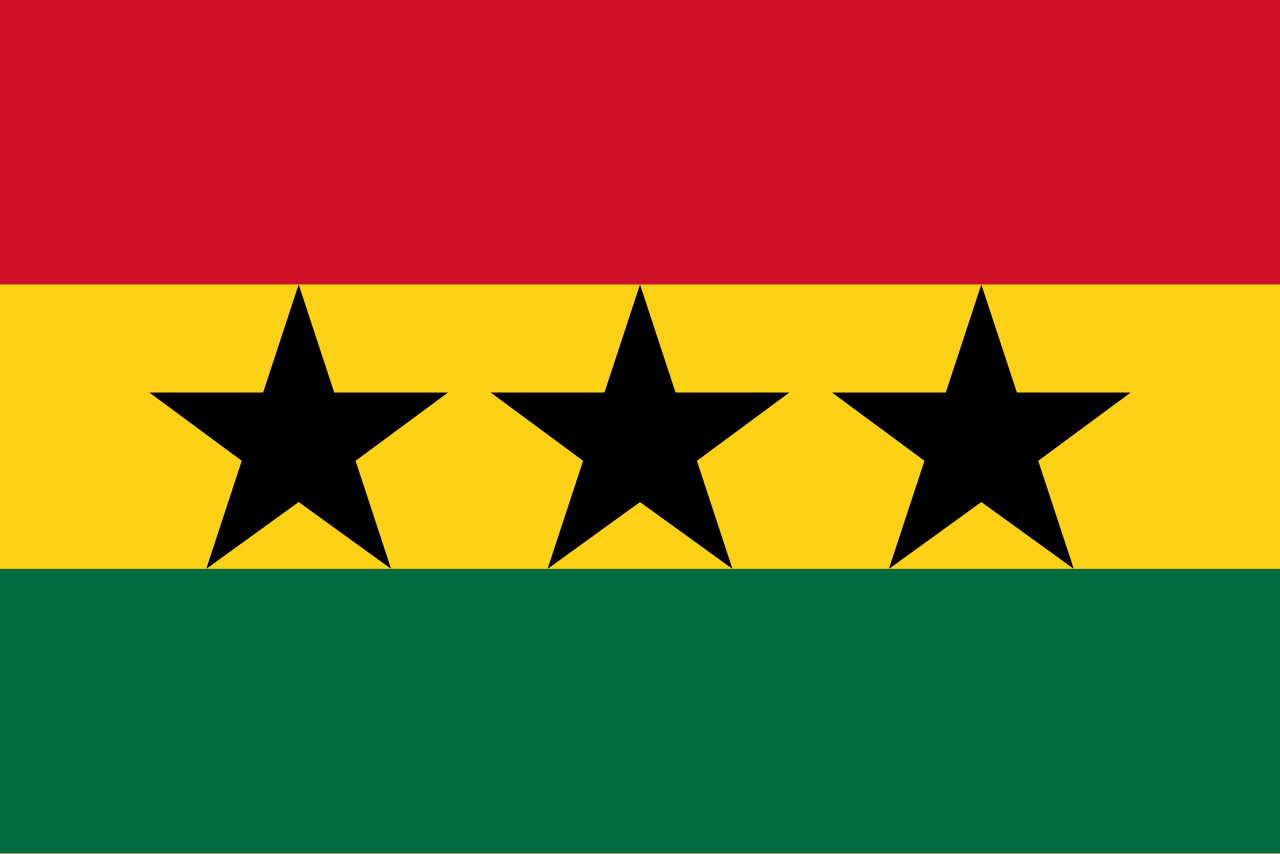On Africa’s “arbitrary” borders and their alleged impacts
Borders are not the leading cause of state weakness or political and economic underdevelopment in Africa
Thank you for being a regular reader of An Africanist Perspective. If you haven’t done so yet, please hit subscribe to receive timely updates along with over 28,000 other subscribers.
I: All borders are arbitrary
All borders are artificial, and arbitrarily refl…


